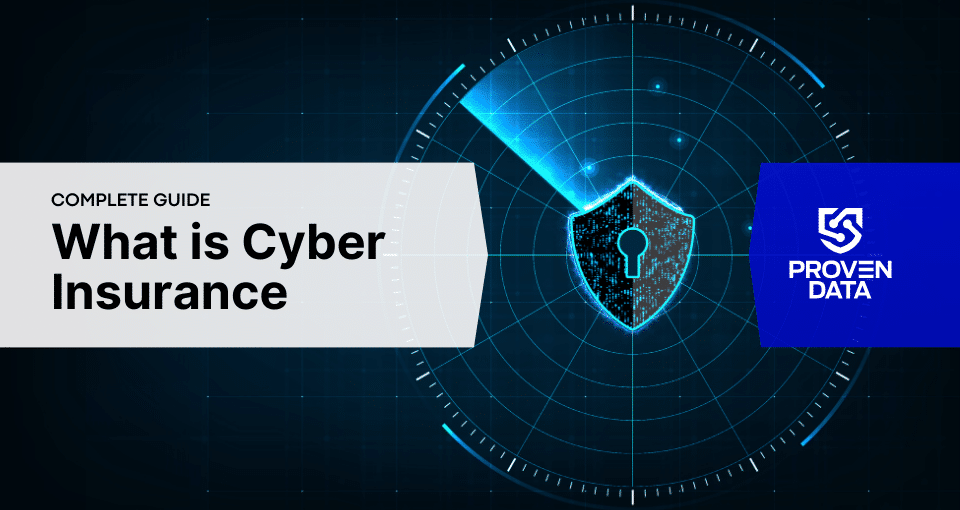
What is Cybercrime Insurance?
Cybercrime insurance, also known as cyber liability insurance, is a type of policy that helps organizations recover from cyber-related incidents by covering the associated financial losses. It provides a safety net against the costs of cyberattacks, which can range from business interruption to legal expenses and customer notification.
Why is Cybercrime Insurance Important?
The frequency, sophistication, and impact of cyberattacks are growing at an alarming rate. According to cybersecurity experts, the average cost of a data breach in 2023 was over $4 million globally, making cybercrime insurance an essential investment for businesses of all sizes.
Key reasons for its importance include:
- Financial Protection: Cyberattacks can lead to substantial monetary losses, including ransom payments, lost revenue, and regulatory fines. Insurance mitigates these risks.
- Regulatory Compliance: Many jurisdictions have strict data protection laws, such as GDPR and CCPA, requiring organizations to safeguard sensitive data. Insurance helps manage the financial burden of non-compliance.
- Business Continuity: A cyber incident can disrupt operations. Coverage ensures that organizations can recover quickly and resume normal activities.
- Reputation Management: Cybercrime insurance often includes services for handling public relations crises and rebuilding trust with stakeholders.
What Does Cybercrime Insurance Cover?
While policies vary, cybercrime insurance typically provides coverage in the following areas:
- First-Party Coverage:
This protects the insured organization directly for:- Data recovery costs
- Loss of income from business interruption
- Costs to notify affected customers
- Cyber extortion expenses, including ransomware payments
- Third-Party Coverage:
This applies to claims made by other entities against the insured, such as:- Legal defense costs for lawsuits
- Settlements from data breaches
- Regulatory penalties
- Additional Services:
Many insurers offer value-added services like:- Incident response assistance
- Cybersecurity assessments and risk management
- Forensic investigation to determine the root cause of the attack
Limitations and Exclusions
Cybercrime insurance is not a one-size-fits-all solution. Some common exclusions include:
- Acts of war or terrorism (unless specifically covered)
- Failure to maintain basic cybersecurity practices
- Pre-existing vulnerabilities
- Insider threats, unless explicitly covered
Organizations should carefully review policy terms and exclusions to ensure adequate coverage.
Choosing the Right Policy
When selecting cybercrime insurance, organizations should consider:
- Industry-Specific Risks: Different sectors face varying threats; healthcare may require more coverage for personal data breaches, while financial services may focus on fraud.
- Policy Limits: Assess the maximum payout and ensure it aligns with potential risks.
- Premium Costs: These depend on factors such as company size, revenue, and existing cybersecurity measures.
- Comprehensive Coverage: Look for policies that include both first-party and third-party protections.
The Future of Cybercrime Insurance
As cyber threats evolve, the cyber insurance market is expected to grow significantly. Insurers are likely to innovate with more tailored policies and integrate emerging technologies like artificial intelligence for better risk assessment. Moreover, governments and regulatory bodies may standardize requirements for coverage, ensuring broader accessibility and effectiveness.
Conclusion
Cybercrime insurance has become a crucial tool for managing the financial risks associated with cyberattacks. While it cannot prevent breaches, it provides a vital safety net, helping organizations recover quickly and maintain trust with stakeholders. By investing in comprehensive cyber insurance and pairing it with robust cybersecurity measures, businesses can safeguard their digital assets and secure their futures in an increasingly uncertain cyber landscape.


